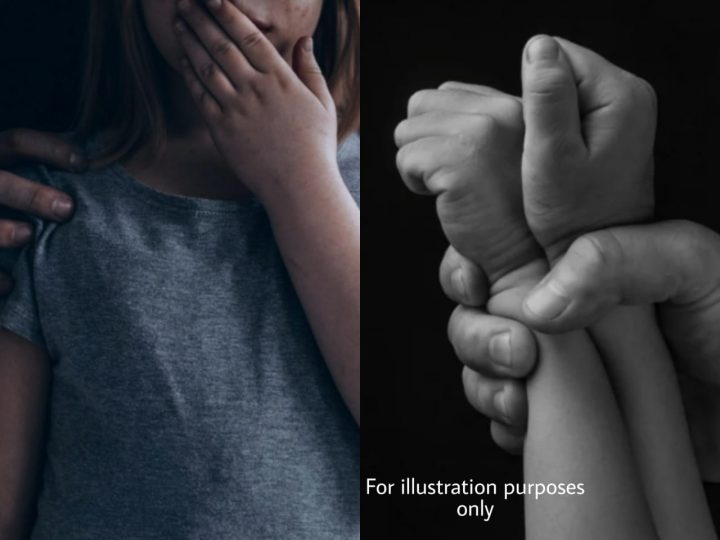Women Are Cutting Their Hair In Protest Of Mahsa Amini’s Death In Iranian Police Custody
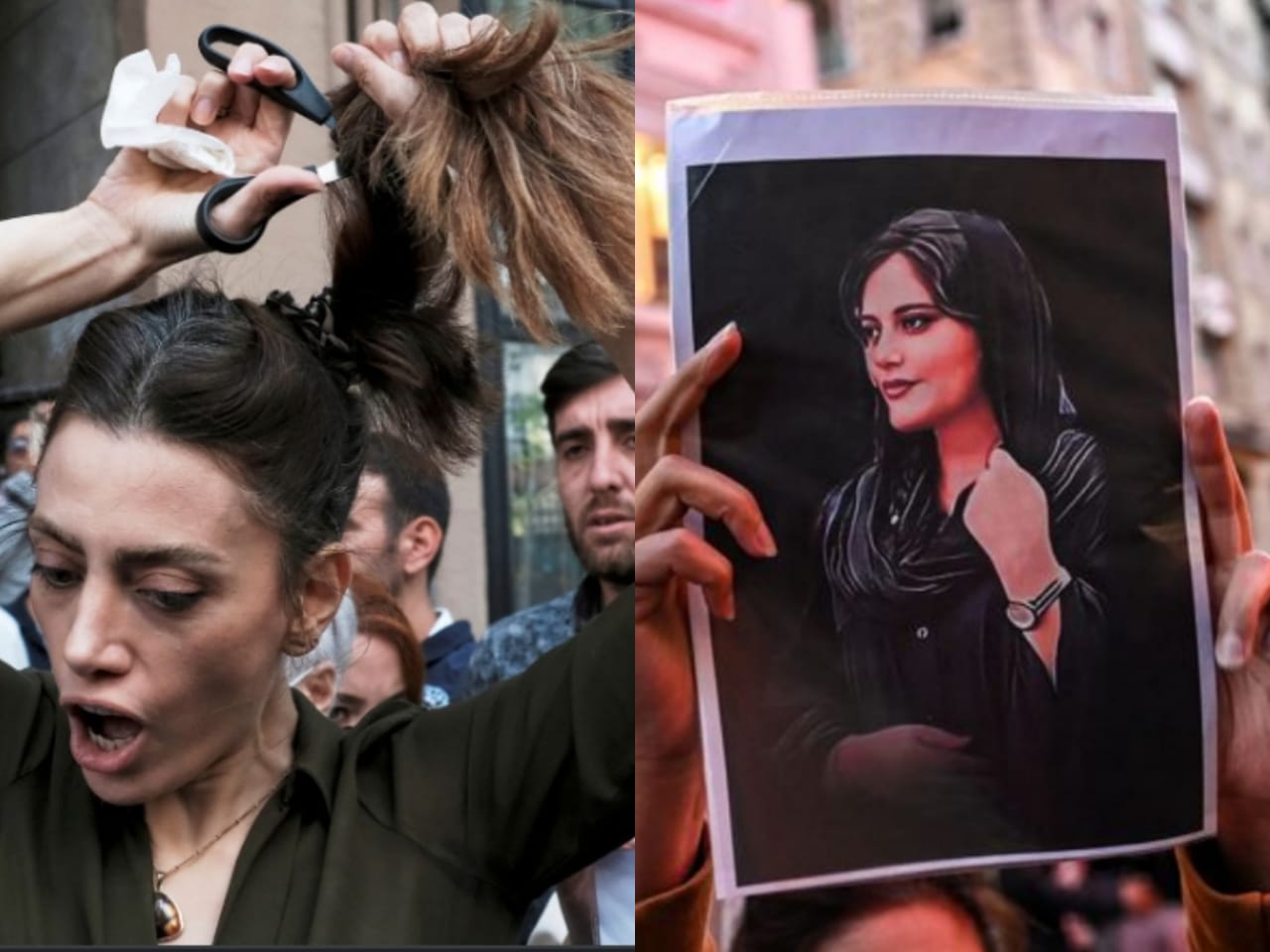 Thirsty for JUICE content? Quench your cravings on our Instagram, TikTok and WhatsApp
Thirsty for JUICE content? Quench your cravings on our Instagram, TikTok and WhatsApp
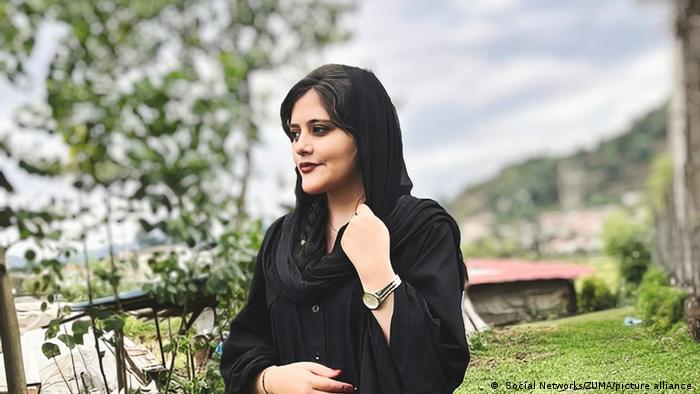
Over the past week, the death of 22-year-old Mahsa Amini made headlines worldwide as Iranians expressed their rage towards the matter and sparked a call to action with regards to their local morality police.
It was reported that Mahsa was arrested for making an appearance in public without a hijab on; namely in her brother’s car during a visit to see family members in the capital city. She was taken to a hospital soon after, and passed away after two days in a coma, on September 16.
London-based broadcaster Iran International noted that she “had suffered multiple blows to the head” before she died.
Family members and witnesses also claim that she was beaten in the police van. However, the policemen denied these allegations and say that Mahsa was brought to the hospital owing to a sudden heart attack. Independent observers also diagnosed signs of cerebral hemorrhage.
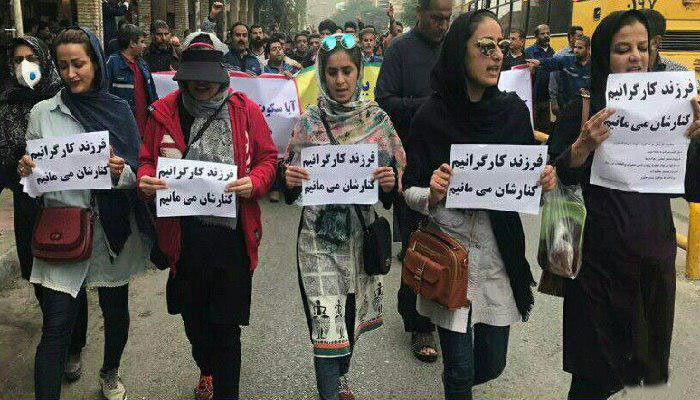
Subsequently, following nationwide protests on the streets and on social media mainly highlighting the phrase “No to the Islamic Republic”, it was reported that the country’s internet connection seemed to be disrupted all of a sudden- but not before the issue swept the globe.
Along with almost-unbelievable portrayals of women standing atop burning police cars, clips of women torching their own headscarves as well as snipping off their hair in a rage were among the quickest to go viral.
@nowthis Mahsa Amini, a 22-year-old Kurdish woman, died in police custody after being detained by Iran’s ‘morality police’ for apparently not wearing her hijab correctly. The incident caused international outrage with protests sweeping the country and even abroad, with women cutting off chunks of their hair in protest of her treatment. #mahsaamini #mahsa #iran #worldnews #viral ♬ original sound – nowthis
Watch here if the video doesn’t load.
As heartbreaking as these videos are, they serve as proof and representation of the intensity of today’s crimes against women as well as a symbol of worldwide solitude as women across the globe stand as one in the fight for freedom of choice.
@vanessameierlinero Iranian Women cutting their hair #iran #mahsaamini #switzerland #zurich #hair #viral #protest #emotions ♬ Originalton – vanessameierlinero
Watch here if the video doesn’t load.
@rezzamiin For #mahsaamini Iranian women who are burning their #hijab and cutting off their hair in protest against the death of a 22-year-old woman. #Iran #mahsa_amini #مهسا_امینی ♬ original sound – em🤍
Watch here if the video doesn’t load.
The cutting of hair, particularly among women, is widely regarded as a move towards transformation, expression anger and most of all, a reclamation of control- the main theme behind the fight against Mahsa Amini’s death in the face of religious laws.
NPR reported that experts also agree that the laws of Iran offer little to protect women from gender-based aggression, including honour killings.
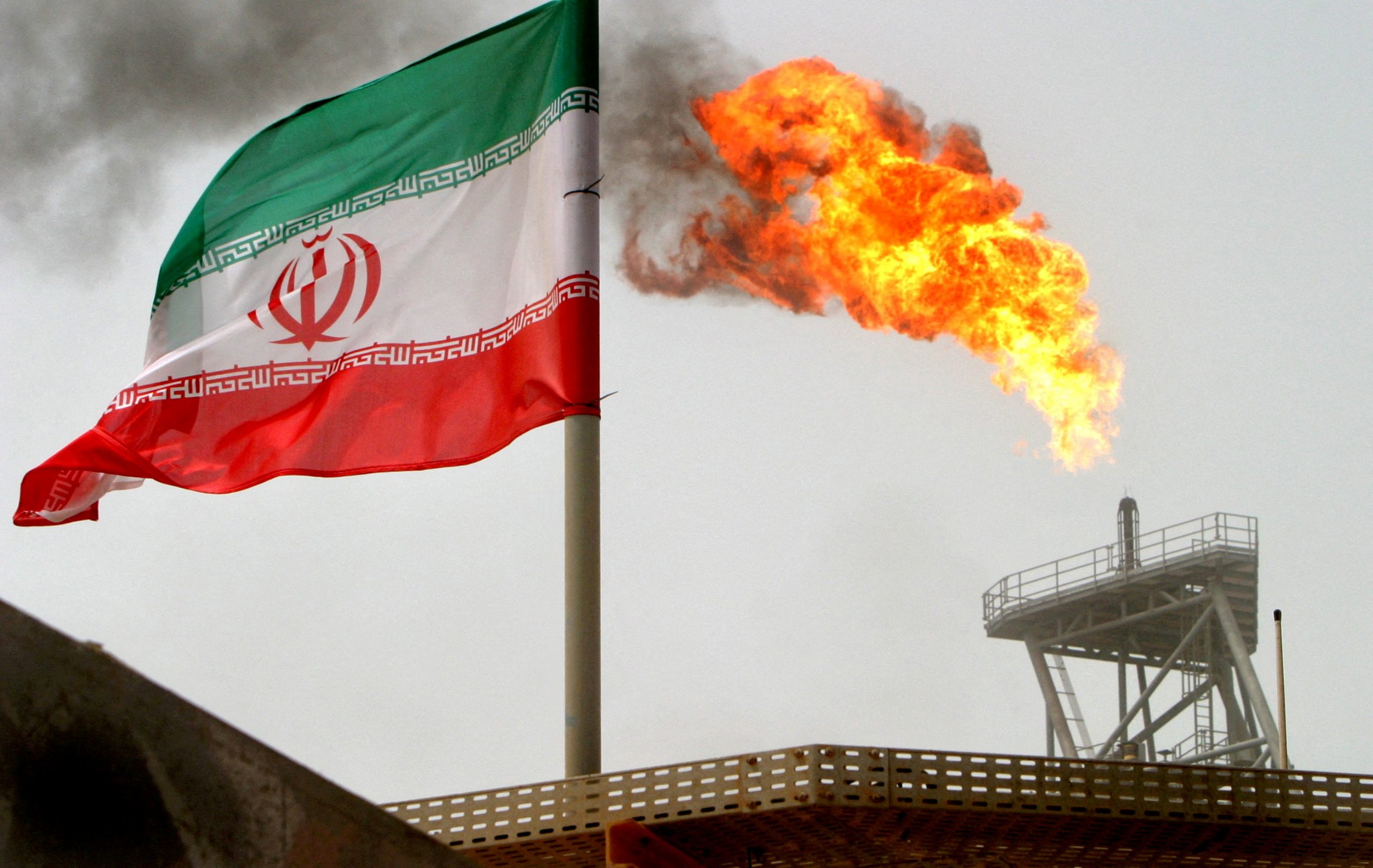
Iran’s political climate has a role in its extremist practices. Iran is a nation that has been harshly sanctioned despite the fact that several UN investigations have not found the country to be in possession of nuclear weapons, contrary to popular belief and repeated accusations by successive US presidents. Trapped in economic isolation, the Iranian government, therefore, remains a dictatorship.
The oil on Iranian grounds could potentially make them a wealthy country in the absence of such sanctions. Additionally, as evidenced by the sudden increase in wealth in former sanctioned nations, economic prosperity is usually preceded by advancements in education and a lifestyle shift.
One can only hope that Iranian women will someday taste the same freedom in self-expression and religious choices.
It’s also noteworthy that women in India and France are faced with the same injustices- though on the opposite end of the dagger. Hijab-wearers in these nations struggle with dress codes prohibiting the hijab altogether as well as government-initiated bans towards women who wear the hijab, excluding them from sports tournaments for reasons of “secularism and neutrality”.
All in all, these issues stem from one primary seed- women’s rights to make personal choices in terms of their appearance and religious practices.


 Get Audio+
Get Audio+ Hot FM
Hot FM Kool 101
Kool 101 Eight FM
Eight FM Fly FM
Fly FM Molek FM
Molek FM